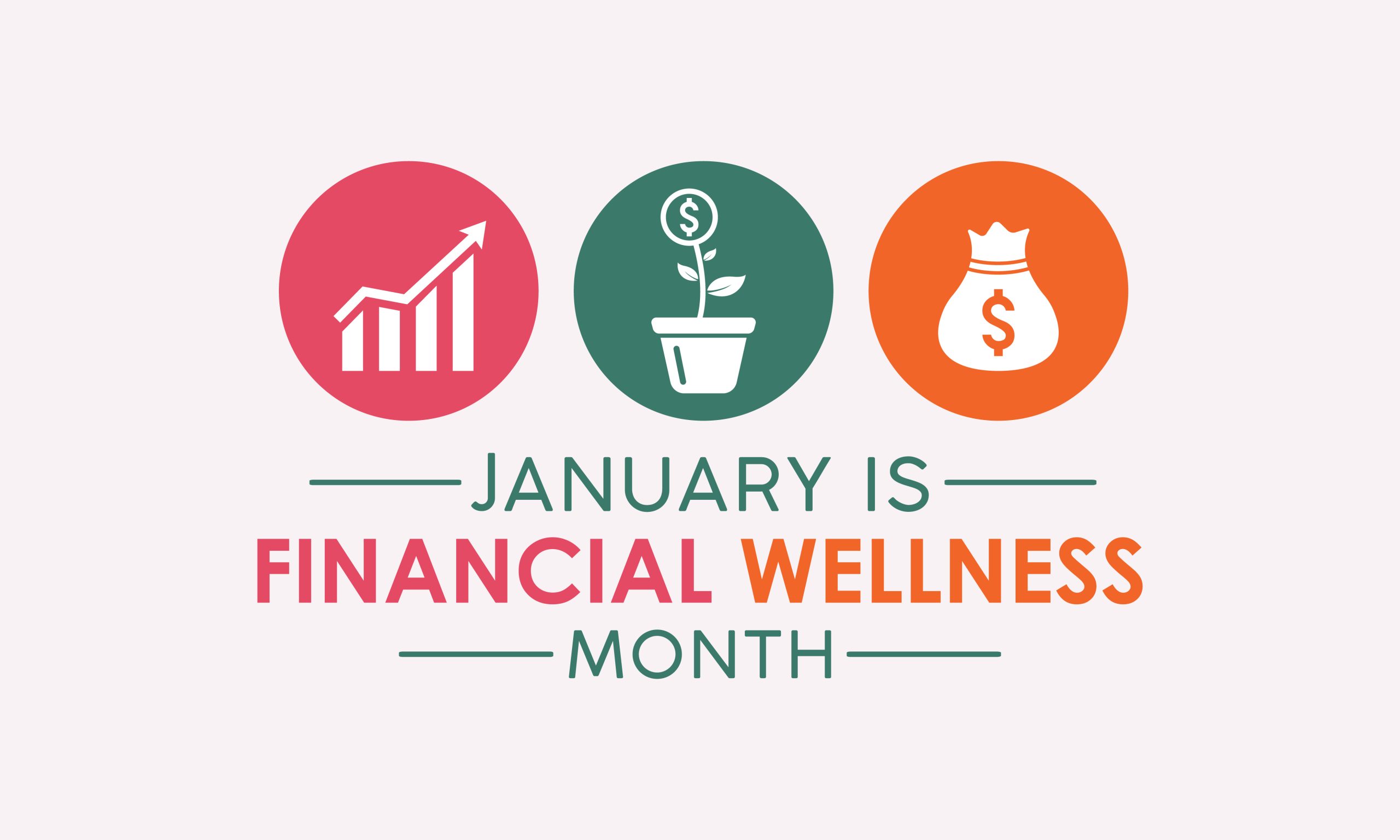Stuff happens. It just does. As much as we try to control the world around us, life is full of unpredictable events. That’s true at work, in your social life, and certainly in your budget.
How do you plan for and deal with unexpected expenses? They are bound to happen, so you need a plan.
First, let’s assume that you have a budget and that your income exceeds your spending. That budget should include all essentials such as rent/mortgage, food, and utilities. Then there are all of your other expenditures, including dining out, entertainment, gas, car payments and maintenance, and a host of other things.
But what about unexpected expenses? You’re not going to put a line item in your budget to replace the refrigerator, pay for a medical emergency or deal with a natural disaster because those things happen so infrequently. But─and this is the important part─they do happen! If it’s not the fridge, it’s a plumbing emergency; and if it’s not your health, it’s a funeral you have to fly across the country to reach.
Why an Emergency Fund is Vital
Many of life’s surprises come with a hefty price tag.
The biggest potential shock to your budget is probably losing your job. It can take months to find a new one, and paying all the bills can present a serious challenge.
That’s why the highest priority should be to build an emergency fund. We recommend keeping six months’ worth of cash necessary to cover all your living expenses. Emergency savings need to be both liquid and accessible.
Easier said than done, right? Many surveys show that about one-third of all Americans have no savings at all, and about half have less than $1,000 they can tap in an emergency.
It’s also important to segregate your emergency funds from your other accounts. Don’t co-mingle those funds with your checking account. It’s too easy to dip into it for non-emergencies. Also, don’t co-mingle it with the savings you’re setting aside for a trip to Hawaii.
Two ways to build up an emergency fund are to set up automatic transfers from your checking account and to make a lump sum payment after getting a bonus, tax refund, or other mini windfalls.
Other Options for Dealing with Emergency Expenses
As wealth advisors, we recommend individuals establish a line of credit with their bank so cash is available when an emergency occurs. While there may be an annual fee to maintain the line of credit, it’s worth knowing that you can access cash whenever necessary.
Some individuals may think the easiest way to deal with an emergency expense is to put it on your credit card, especially for smaller expenses. But that comes with some risks and costs, including fees and interest payments that can add up quickly if you don’t pay off the balance timely. You can also apply for a new 0% APR card, so long as you know you can pay off the balance before that introductory period ends.
You can ask family and friends for a short-term loan, but that carries its own risks– namely, being indebted to your brother-in-law for more than the dollar amount of the loan.
Other options include:
- Request an advance on your salary from your employer.
- Get a part-time job, anything from a consulting project to an Uber driver.
- Get a personal loan from the bank.
Break in Case of a Real Emergency
You may need to tap into your other savings and investments, but only as a last resort. Your retirement plan and investment account may seem tempting, but borrowing against them or cashing out carries high costs. There may be capital gains taxes to pay and withdrawal penalties, and you don’t want to smash that nest egg you have spent years building.
Planning for Irregular Expenses
Some expenses seem like emergencies, but they might better be categorized as poor planning. They should be considered irregular but predictable.
We all have expenses paid quarterly, semi-annually, or annually – things like property taxes, insurance, car maintenance, school tuition, or holiday gift shopping. They don’t fit easily into your monthly budget, but they are still predictable and can be planned for.
If you need to impose some discipline on your budget, you can set up another saving account for these often overlooked budget items.
One way to avoid some emergency expenses is to put routine maintenance for your car and home into the monthly budget. Spending a little bit more now on preventative maintenance could save you a lot of money down the road. You may not be able to predict when your roof will spring a leak, but you can expect that it will need to be repaired or replaced at some point in the next few years.
In lieu of a home equity line of credit, should you be unable to obtain one, some personal finance advisers suggest setting aside 1-to-2 percent of your home’s value for annual maintenance and repairs. Also, depending on your car’s age and condition, it might require about $1,200 a year of maintenance or $100 a month.
Having well-funded accounts for irregular expenses and emergencies will give you the peace of mind you can’t put a price tag on. By budgeting for unexpected expenses, you will be better prepared to handle the occasional curveballs that life throws your way.



